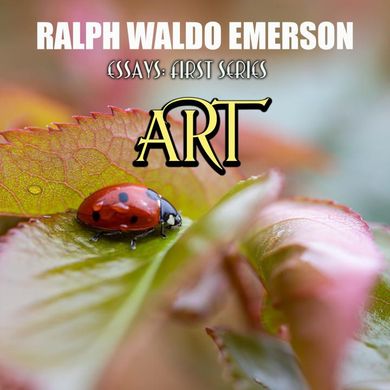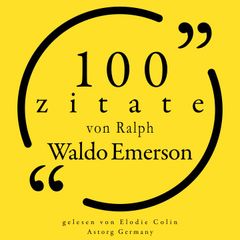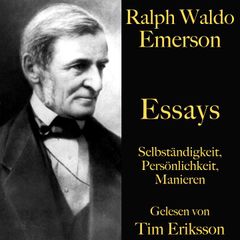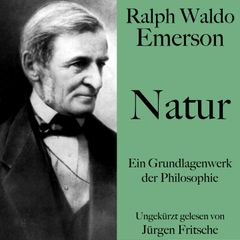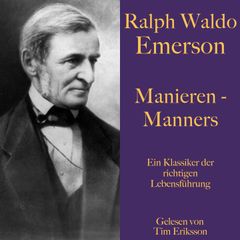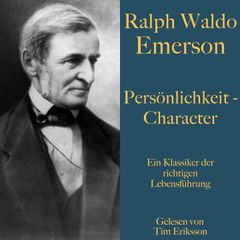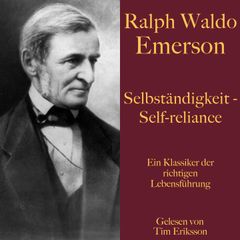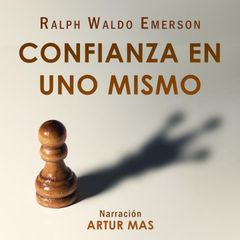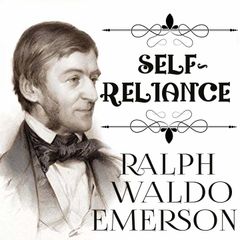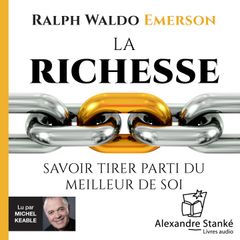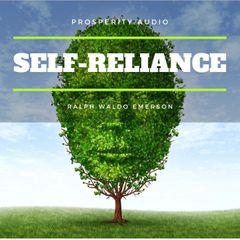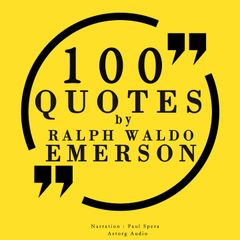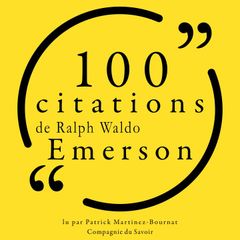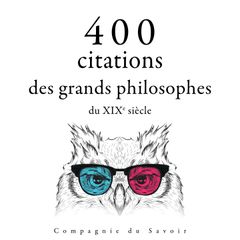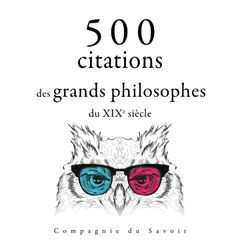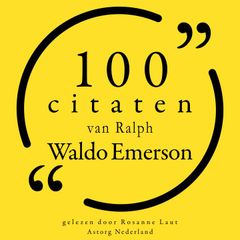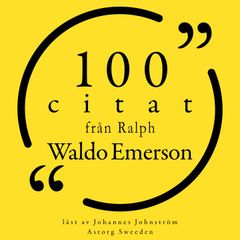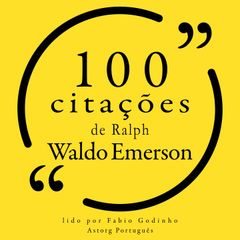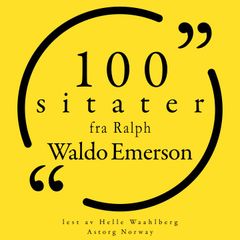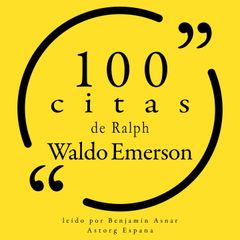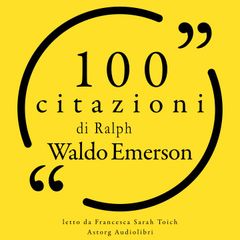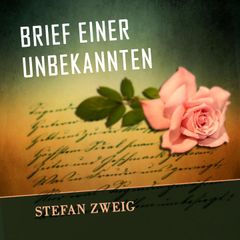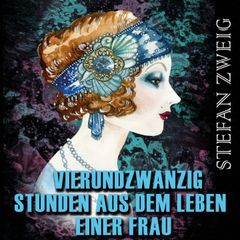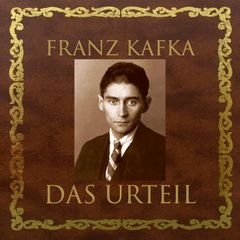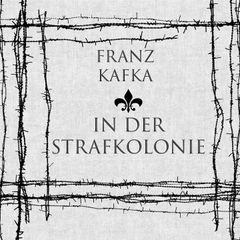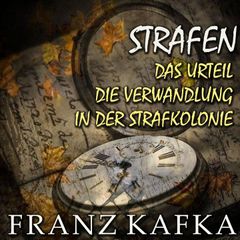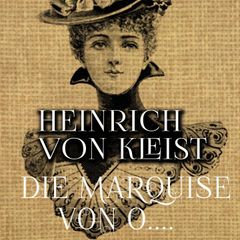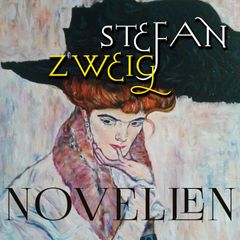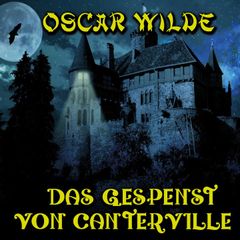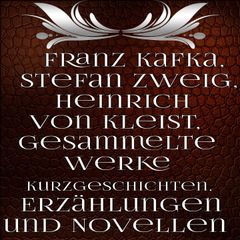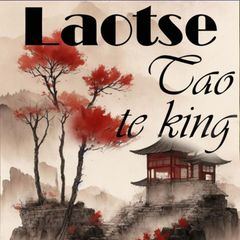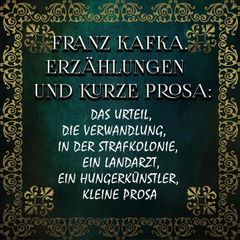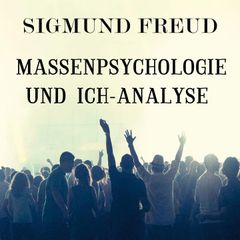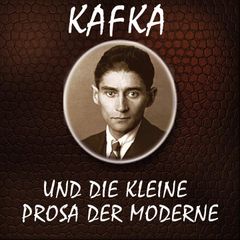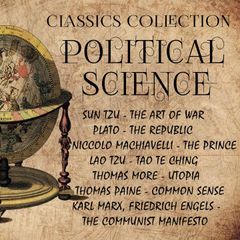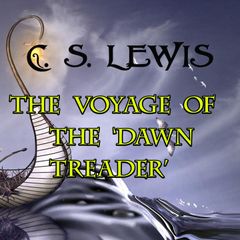- Audiolibro
- 2025
- 28 min
- Strelbytskyy Multimedia Publishing
Search Links
Título
Essays: First Series. Art
Descripción
What is art? A mere imitation of life or something far greater—an act of creation that reveals the soul of the universe? Ralph Waldo Emerson, the philosopher-poet of American transcendentalism, elevates art beyond the canvas, beyond words, beyond form itself. In this essay, he explores the divine spark within creativity, arguing that true art is not bound by technique or tradition but flows from the spirit of the artist, a force both mysterious and essential.
Emerson's vision is not for the passive observer but for those who seek to understand art as a living energy, a reflection of the highest truths. He sees the poet, the painter, the sculptor not as mere craftsmen but as visionaries, shaping the world with the raw power of imagination. Art, in its purest form, is not just a product—it is a revelation.
For artists, dreamers, and seekers of meaning, Art is an invitation to look beyond the surface, to see beauty not as decoration but as a force that shapes existence itself. Read Emerson and rediscover art as you have never seen it before—alive, infinite, and transcendent.
En listas públicas de estos usuarios
Este audiolibro no está ninguna lista
Detalles del producto
Editorial:
Autor:
Título:
Essays: First Series. Art
narrado por:
Idioma:
EN
ISBN de audio:
4069828277885
Fecha de publicación:
26 de marzo de 2025
Palabras clave:
Classic EssaytranscendentalismArt PhilosophyCreativityAesthetic VisionbeautyArtistic InspirationIntellectual Independenceself-expressionDivine CreationPoetic ThoughtEmersonian Thoughtphilosophy of artArtistic TruthImaginationLiterary ReflectionCultural identityAmerican PhilosophyAudiobookEnglishStrelbytskyy Multimedia Publishing
Duración
28 min
Tipo de producto
AUDIO
Explícito:
No
Audiodrama:
No
Unabridged:
Sí
Sobre el autor:
Ralph Waldo Emerson (May 25, 1803 – April 27, 1882) was a writer, lecturer, and thinker who reshaped American intellectual life. Born in Boston into a family of ministers, he lost his father at eight and was raised by a fiercely determined mother. He attended Harvard at fourteen, briefly taught school, and then followed family tradition into the ministry. But the death of his first wife, Ellen, in 1831 shattered his faith in organized religion. He resigned from the church and set off for Europe, where he met the great minds of his time—Coleridge, Carlyle, and Wordsworth—who deepened his belief in individual thought over inherited dogma.
Back in America, he settled in Concord, Massachusetts, and became the leading voice of transcendentalism. His 1836 essay Nature called for a new way of seeing the world—one that placed intuition above reason and the divine within the self. His lectures and essays, including Self-Reliance and The American Scholar, urged Americans to trust their own voices rather than look to Europe for intellectual authority.
A magnetic speaker, Emerson crisscrossed the country delivering lectures on topics ranging from history to self-improvement. He mentored Henry David Thoreau and influenced countless others, from Walt Whitman to Friedrich Nietzsche. Despite his growing fame, he remained a private man, happiest in his study or walking through the woods of Concord.
In later years, his memory faded, and he quietly withdrew from public life. Yet his words endured, shaping generations of writers, philosophers, and seekers. His call for self-reliance and intellectual independence remains as relevant today as it was in his time.
